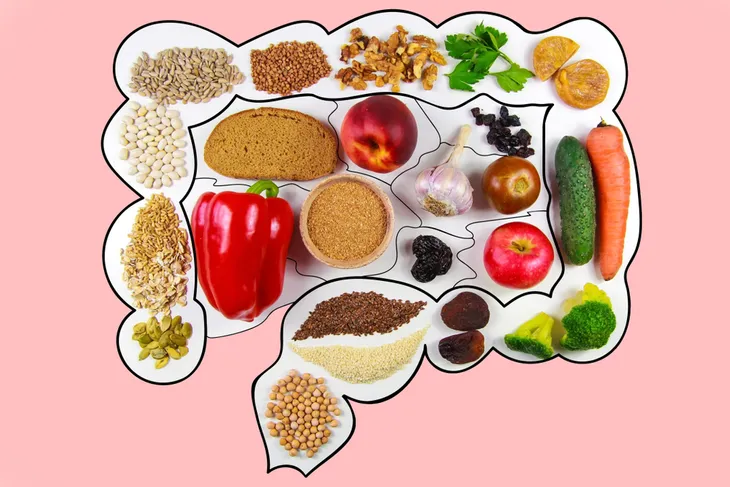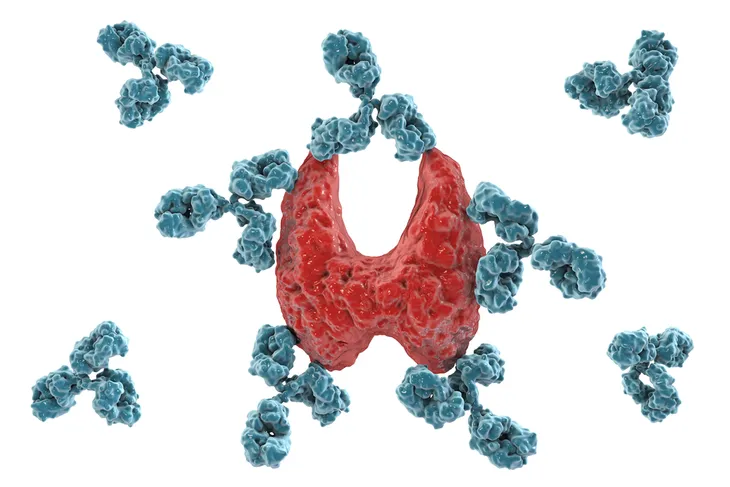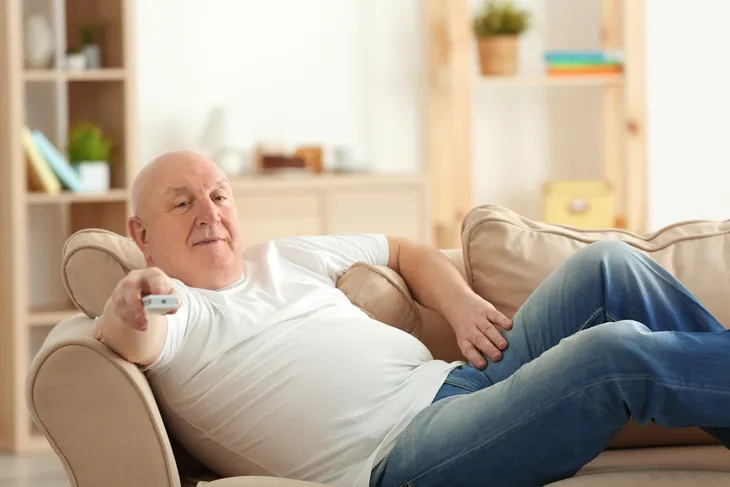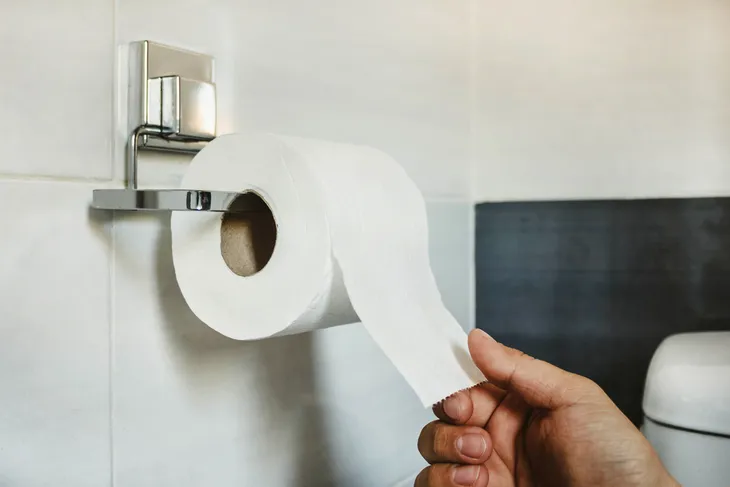Your bowel movements are a touchy subject. Most of us would rather not talk about them at all. However, if you find yourself frequently stopped up, you could be dealing with one of the following 7 constipation culprits…
Want diet & nutrition content delivered straight to your inbox? Sign up for our exclusive diet & nutrition newsletter!
Not Enough Fiber
According to the American Society of Colon and Rectal Surgeons (ASCRS), a healthy fibrous diet, plenty of hydration, and regular exercise are vital for regular, healthy digestion and bowel movements. That means eating at least 25-grams of fiber each and every day.
The ASCRS recommends your daily fiber intake should be made up of water dissolving soluble fiber (i.e., beans, oats, and apples), and insoluble fiber (i.e., dark leafy greens and wheat)–both of which keep your body running efficiently.
Dehydration Station
Not drinking enough water can quickly lead to all sorts of health issues—including hard stool, painful bowel movements, and constipation. Water is a vital part of the digestion and elimination process.
For optimal bowel movements, plenty of water along with plenty of fiber is needed. This is because fiber bulks with water. And too much of one and not enough of the other can potentially impact the way digested food passes through the digestive system.
Hypothyroidism
Oftentimes an underactive thyroid gland, the butterfly-shaped gland in the front of the neck, can lead to constipation. Hypothyroidism, or an under-active thyroid gland, will emit less hormones to help regulate essential bodily function, including digestion.
Lack of hormones can cause digestion to become sluggish and result in chronic constipation. If you suspect hypothyroidism, talk to your doctor who may refer you to an internist to examine your thyroid function.
Stress
According to research from the National Institutes of Health, stress strikes at the entire enteric nervous system (ENS), which means that stress can impact normal gut function and cause disturbances of all sorts in the luminal gastrointestinal tract—including bowel irregularity and constipation.
Sleep can also affect bowel health—and we all know that stress can result in poor quality and less duration of sleep. If stress is affecting your sleep, try implementing some gentle yoga and meditation into your before bedtime regimen.
You Don’t Exercise
You already know that regular activity is essential for good health. Research from WebMD claims that exercise can help speed up digestion and bowel habits if yours have become inefficient and sluggish.
Exercise aids bowel movements by helping food move more efficiently through the large intestine, and ensuring adequate water is absorbed during the process to help stool pass comfortably. Physical activity also helps trigger the natural contraction of muscles along the intestinal walls—promoting the passage of food elimination.
Prescription Medications
Researchers from the American College of Gastroenterology claim that certain prescription medications can mess with efficient bowel movements and lead to regular bouts of constipation.
For instance, prescription pain medications in the opioid family are consistently linked to constipation and often a listed side effect of taking these medications over the long term. If you are taking prescription pain medication for a serious pain condition (i.e., fibromyalgia) and experiencing constipation, talk to your doctor about options to help ease painful bowel movements.
Dietary Changes
Lots of things can impact our diets—for instance, vacation, holidays, or traveling regularly for work. Either way, the amount of fiber (both soluble and insoluble types) helps keep your bowel movements comfortable and regular.
Gastroenterologists from the American College of Gastroenterology, say that dietary changes (i.e., due to travel) can cause disturbances in your normally healthy bowel habits—particularly if you’re suddenly eating spicy or exotic foods your body isn’t used to.










